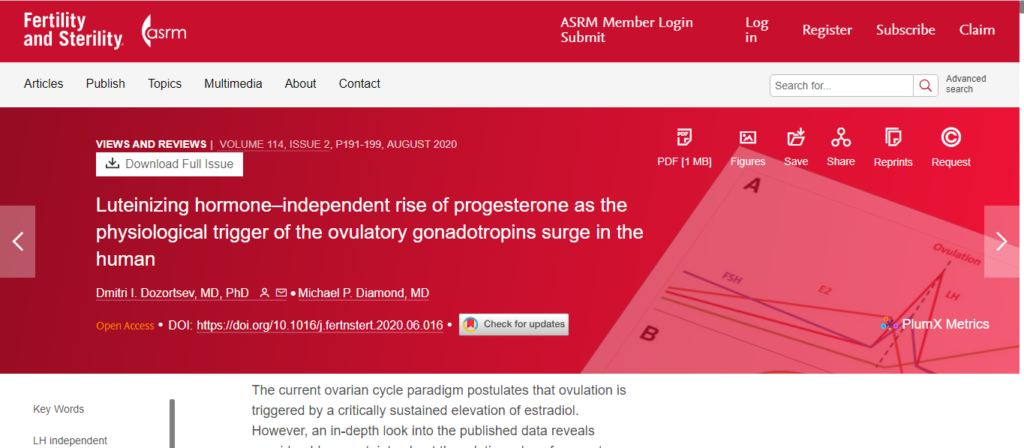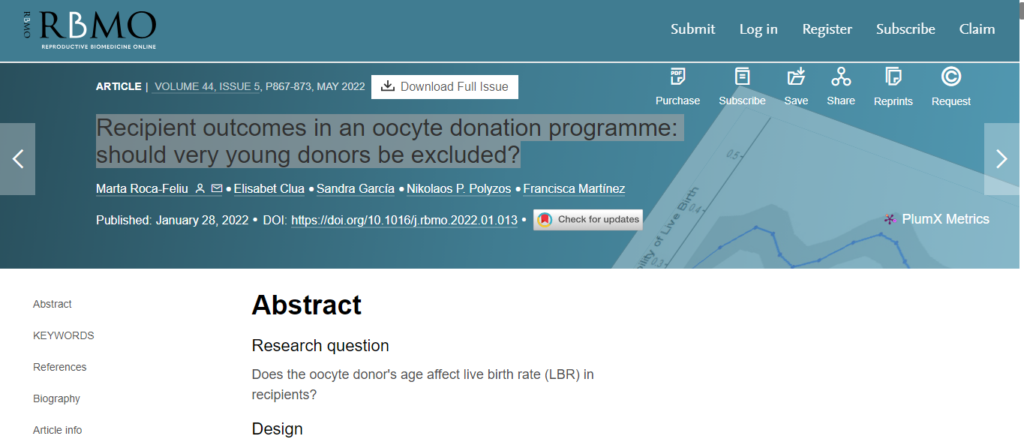Female Fertility Testing at AFCT
What We Test:
Hormonal Bloodwork
Measures FSH, LH, Estradiol, AMH, TSH, Prolactin, and other reproductive hormones to assess ovarian function, cycle regularity, and endocrine balance.
Genetic & Carrier Screening
Evaluates inherited genetic conditions that may impact fertility, pregnancy outcomes, or future offspring. Includes carrier screening, karyotype analysis, and personalized recommendations based on your family history.
MTHFR Variant Testing
Evaluates whether specific mutations are present in the MTHFR gene, which may affect methylation, folate metabolism, and homocysteine regulation factors that could influence supplement selection or embryo transfer support.
Vaginal Microbiome Testing
Assesses the balance of beneficial (e.g., Lactobacillus) and harmful bacteria in the vaginal tract — an often-overlooked factor in fertility and implantation. Especially useful for those with RIF, RPL, or frequent infections.
Omega-3/6 Inflammatory Testing
Evaluates systemic inflammation and essential fatty acid ratios (Omega-3 to Omega-6), which may affect egg quality, cycle response, and the uterine environment for implantation. This test helps guide personalized anti-inflammatory protocols, dietary recommendations, and supplement support for optimized fertility outcomes.
Hysteroscopy
Performed in-office to directly visualize the uterine cavity and detect polyps, fibroids, adhesions, or congenital abnormalities. Offered in Houston and The Woodlands locations only.
Reproductive Immunology Panel
is a specialized set of blood tests used in select fertility cases, particularly when patients experience recurrent implantation failure, recurrent miscarriage, or have known or suspected autoimmune conditions.
This panel evaluates immune-related factors that may interfere with embryo implantation or early pregnancy. It is typically recommended for patients with recurrent miscarriage, failed IVF cycles, or autoimmune history.
The panel may include tests for:
- Antiphospholipid antibodies (APA)
- Natural killer (NK) cell activity
- ANA (antinuclear antibodies)
- Thyroid autoantibodies
- Cytokine and inflammatory marker levels
Results may inform treatment options such as Intralipid therapy, low-dose steroids, or anticoagulation protocols to support implantation and early pregnancy.
What Happens Next:
Results are typically reviewed within 10–14 days. Once all labs, imaging, and diagnostic evaluations are complete, patients return for a Treatment Protocol Consultation with their fertility specialist. At this visit, we:



